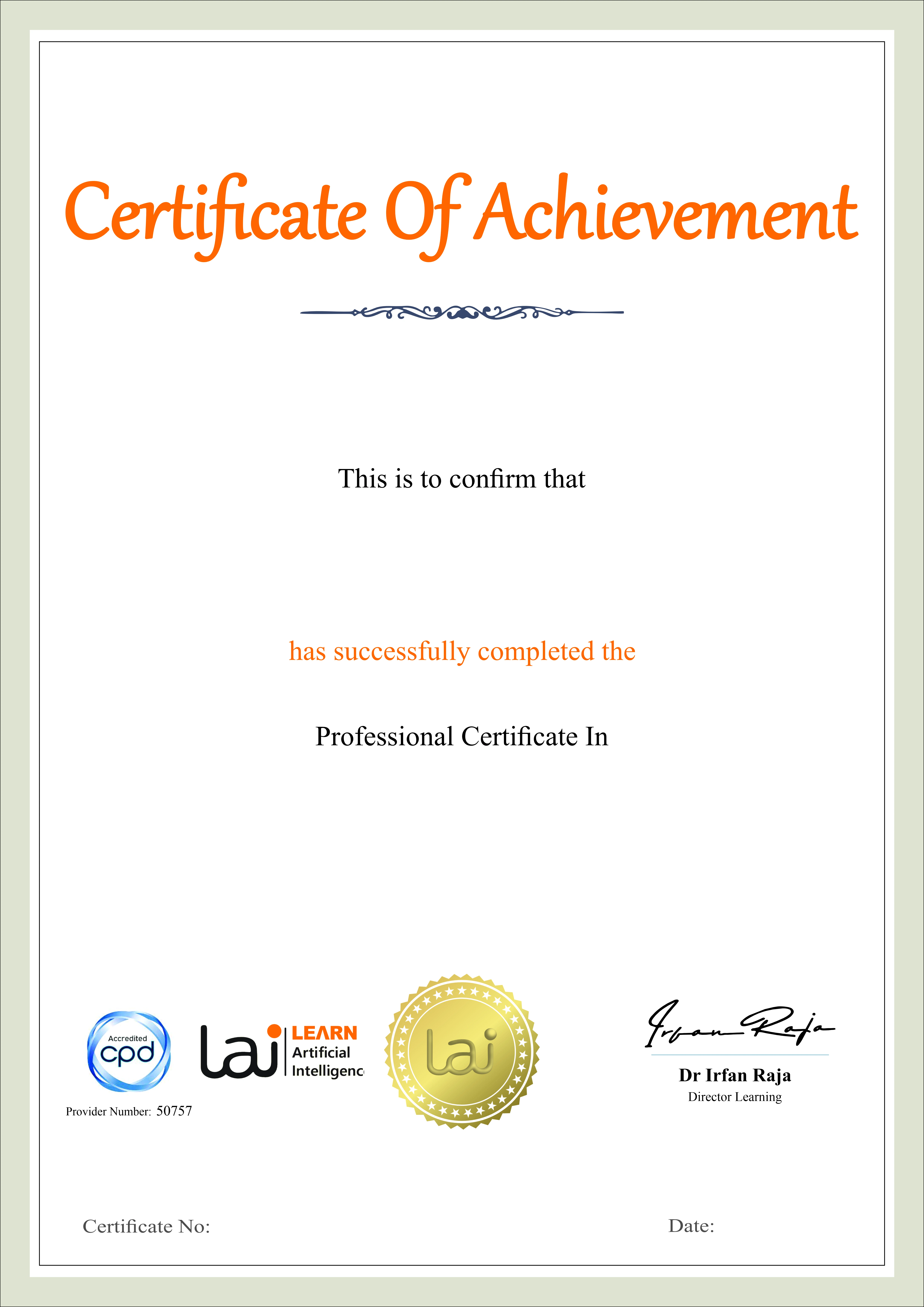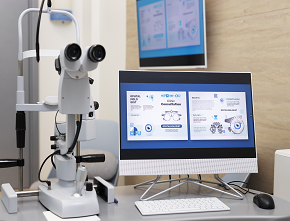The OpenCV for Computer Vision course is a comprehensive guide to mastering the powerful OpenCV library using Python.
OpenCV for Computer Vision
The OpenCV for Computer Vision course is a comprehensive guide to mastering the powerful OpenCV library using Python. Whether you're just starting out or looking to deepen your knowledge in computer vision, this course provides a hands-on approach to building real-world applications. From basic image processing to advanced techniques like object detection, face recognition, and integration with deep learning, this course is your gateway to working with visual data using Python.
OpenCV (Open Source Computer Vision Library) is an open-source computer vision and machine learning software library. With its vast functionality and ease of use in Python, OpenCV has become a go-to tool for developers and researchers in the fields of AI, robotics, surveillance, and more. By the end of this course, you'll be confident in using OpenCV for Computer Vision tasks and ready to create your own intelligent visual applications.
This course is perfect for beginners and intermediate learners who are eager to explore the world of open computer vision Python programming. If you're a software developer, data science enthusiast, AI practitioner, or student curious about how machines "see" the world, this course is for you. Anyone with a basic understanding of Python will find this course accessible and practical. It is especially useful for those looking to integrate computer vision capabilities into their applications, conduct image analysis, or start a career in AI and machine learning.
Understand the fundamental concepts of computer vision and image processing.
Install and set up OpenCV for Python to start working on visual data.
Perform basic image processing tasks such as filtering, transformation, and manipulation.
Apply advanced image processing techniques including edge detection, colour manipulation, and object recognition.
Implement feature detection and matching to identify patterns and objects in images.
Track moving objects in real-time using object tracking algorithms.
Build face recognition systems with OpenCV and Python.
Perform image segmentation to isolate objects from backgrounds.
Integrate deep learning models with OpenCV for enhanced visual recognition.
-
Get an introduction to the field of computer vision and learn how OpenCV fits into the world of image processing and machine learning. You will also learn how to set up OpenCV in Python and understand the various capabilities of the library.
-
Learn how to manipulate and process images using OpenCV, from reading and displaying images to performing simple operations like resizing, rotating, and transforming images.
-
Dive into more advanced image processing techniques such as filtering, edge detection, histogram equalization, and colour space transformations.
-
Discover how to detect key features in images and match them across multiple images. You’ll learn about different feature detectors like SIFT, SURF, and ORB, and how they are applied to real-world computer vision problems.
-
Learn how to detect objects in images and video streams using algorithms such as Haar Cascades and HOG, and track objects over time in real-time using trackers like KLT and MIL.
-
Explore the principles and techniques behind face detection and recognition. This module covers how to implement face recognition systems using OpenCV and machine learning algorithms.
-
Learn techniques for segmenting images into distinct regions or objects. You will explore thresholding methods, contour detection, and advanced segmentation algorithms like the watershed algorithm.
-
Integrate deep learning models into OpenCV workflows. This module introduces neural networks and how to use pre-trained models for tasks like image classification and object detection using OpenCV and Python.
Earn a Professional Certificate
Earn a certificate of completion issued by Learn Artificial Intelligence (LAI), accredited by the CPD Standards Office and recognised for supporting personal and professional development.

Key Aspects of Course

CPD Accredited
Earn CPD points to enhance your profile

Free Course
This course is free to study

Self-Paced
No time limits or deadlines

Flexible & 24/7 Access
Learn anytime , anywhere

Build In-Demand Skills
Get job ready

Updated AI Skills
Stay current with AI advancement

Global Learning
Accessible Worldwide

Premium Materials
High-quality resources

Employer Approved
Boost your career prospects



